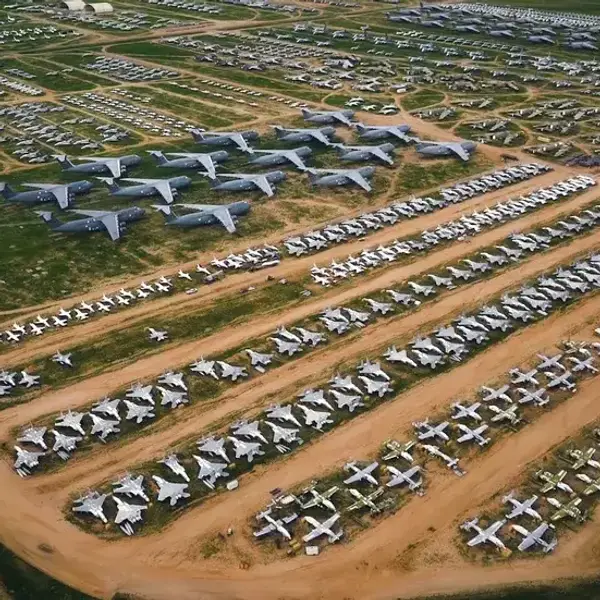When I was a child growing up in the 60s and 70s, watching National Geographic specials on TV, I wanted to be Jane Goodall. Not like her. Her. I could imagine no better life than observing and learning about chimpanzees.
But only Jane Goodall could be Jane Goodall, and I eventually fell into a more traditional path, even going to law school. That didn’t last long. I dropped out by Thanksgiving; read a book by a scientist who taught a chimp named Sarah to communicate through symbolic language; and, with Jane Goodall in mind, went to volunteer in his lab.
When I got there, I was introduced to Sarah. She was isolated in an enclosure, no longer willing to participate in language studies, and prone to temper tantrums. I was advised to keep my distance. The next day, I visited her by myself and felt moved to twirl my finger in the air and say: “Turn around, and I’ll scratch your back.” Sure enough, Sarah turned around, sank down to the floor, and pressed her back against the bars of the cage so I could do so.
“What would Jane think?” I asked myself. I imagined that she would be both angry and heartbroken if she could witness Sarah’s diminished and miserable life. I left that lab a few weeks later. Shortly after that, I discovered my life’s work: humane education.
Most of all, she left us hope, something she talked about frequently, reminding us that hope is generated by our individual and collective acts of positive change.
Little did I know that Jane was about to leave her scientific career behind to be a humane educator herself, realizing with such profound resolve that she needed to try to protect chimps and other animals, vulnerable human communities, and the ecosystems that sustain us all, and the best way to do this was through education. She created Roots and Shoots, a humane education program that has impacted millions of children across the globe. Then she went on to become the most famous, respected, and influential humane educator in the world. Most people probably wouldn’t know to use the term humane educator in association with her. The New York Times’ remembrances of her in the past twenty-four hours didn’t use it, but humane education is exactly what she spent the last half-century of her life doing.
Jane Goodall traveled approximately 300 days out of the year, tirelessly teaching about how we can build a humane, regenerative, peaceable world for animals, people, and the environment. She was on a speaking tour when she died on Oct. 1, 2025, at the age of 91. She was brilliant, kind, funny, and dedicated beyond measure to the work of teaching and spreading a message of compassion in action.
I got to meet Jane a couple of times and speak alongside her, including on the same keynote stage at a humane education conference that the Institute for Humane Education co-led with Roots and Shoots and HEART. Jane’s blurb of my book The World Becomes What We Teach: Educating a Generation of Solutionaries is the primary reason the book became a #1 best seller on Amazon in the philosophy and social aspects of education, and it was among the greatest honors of my life that she wrote the foreword to my recent book, The Solutionary Way. She shared an essay I wrote on her social media, garnering tens of thousands of views. For all I know, you may be reading this because Jane propelled our humane education work forward.
It was a dream come true that I got to publicly share with Jane and the world just how much she meant to me. Apple TV+ launched its programming with the “Dear…” series, highlighting global icons through the people they’d influenced. “Dear Jane” was episode seven, and I was one of those people. I got to tell Jane just how much she had meant to me and how she had shaped my life. I got to thank her.
The world has lost one of the best of us. The animals have lost one of their greatest allies to have ever lived. We in the humane education movement have lost a groundbreaking advocate, and, for so many of us, a role model. But Jane left us everything we need to carry on her legacy. She left us Roots and Shoots, a humane education program any of us can implement; countless videos to learn from; books and stories to read and put into practice in our lives and to spread through our own efforts as humane educators and changemakers. Most of all, she left us hope, something she talked about frequently, reminding us that hope is generated by our individual and collective acts of positive change.
Jane once wrote: “You cannot get through a single day without having an impact on the world around you. What you do makes a difference, and you have to decide what kind of difference you want to make.”
Millions have been impacted by Jane Goodall. Countless people have experienced the joy and honor of hearing her speak and meeting her, and they have their own stories to tell about how she affected them. I hope we’ll all tell our stories. And if Jane Goodall impacted you; if you are heartbroken about her passing, I hope you’ll ask yourself what kind of difference you want to make and then go make that difference. Imagine the world we could create if we all did that.




